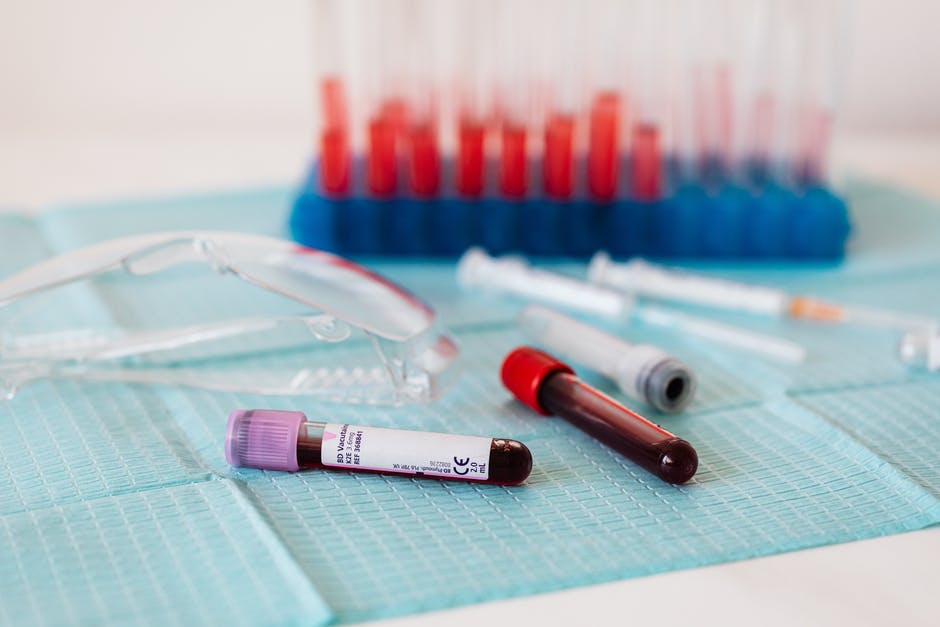According to HHS data, 51% of people with hepatitis C in the United States are unaware of the virus. Knowing the facts and understanding how you could have gotten it is essential.
This helps you take preventative steps should you suspect you might have contracted the virus. Understanding how hepatitis C spreads can help you better determine your treatment options.
Keep reading to learn more about the virus and get answers to your questions about hepatitis C transmission.
Different Modes of Transmission
Hepatitis C is a viral liver infection caused by the hepatitis C virus. It can be a severe disease, leading to liver damage and cancer.
There are several different modes of transmission of the virus. This includes contact with contaminated needles, sexual contact, and even from mother to child during birth.
Understanding the different causes of transmission is vital for prevention and detection. Healthcare workers and those who come in contact with people known to be at risk of contracting the virus should take extra precautions.
Take extra care when engaging in activities that could lead to transmission. Contaminated needles and syringes should be disposed of safely and away from public areas.
Recognizing Symptoms
Early Hepatitis C symptoms may include nausea, abdominal pain, vomiting, and fever. Symptoms may vary depending on the person affected.
A yellowing of the skin and eyes, known as jaundice, dark urine, and grey-colored feces, may also go with symptoms. If left untreated, the infection can cause more severe complications.
Such as severe liver damage, and can even be fatal. It’s essential to be aware of this virus’s transmission method and seek medical help if symptoms are present.
Treatment Options for Hepatitis C
Understanding the causes of hepatitis C is necessary to determine the best treatment option. Hepatitis C treatment options include antiviral medications, immunotherapy, and lifestyle modifications.
Most doctors will recommend a combination of treatments, depending on the type and severity of the infection. A complete screening should be done before beginning any treatment.
Patients should be closely monitored to ensure their health is not at risk. Visit https://cprcertificationnow.com/products/bloodborne-pathogens-certification-online to learn more treatment options.
Prevention Strategies to Avoid HCV
Transmission of hepatitis C is preventable if the appropriate safety measures are taken. Wear protective gloves when coming in contact with any bodily fluids.
Do not share needles or syringes. Never re-using any medical equipment. Even if none of these exposures occur, you must get tested for hepatitis C constantly, as it will ensure that it hasn’t been unknowingly transmitted.
It is also necessary to avoid contact with the bodily fluids of an infected person. The virus can still be present even after they no longer have visible symptoms.
There are also safe sex practices that everyone should adhere to. Such as using condoms and lubricants during intercourse to help minimize the risk of HCV transmission.
If you’re infected, avoid drugs, alcohol, and smoking. Vaccines are also available that can protect those at risk from getting infected.
Exploring Hepatitis C Transmission
The causes of Hepatitis C transmission are varied and can sometimes be challenging to understand. Reducing the likelihood of transmission is essential to increase awareness and reduce its spread.
Healthcare providers should have the knowledge and resources to manage infectious diseases. Get tested today and speak to your healthcare provider for more information.
Check out our other health-related posts if you found this article helpful.

